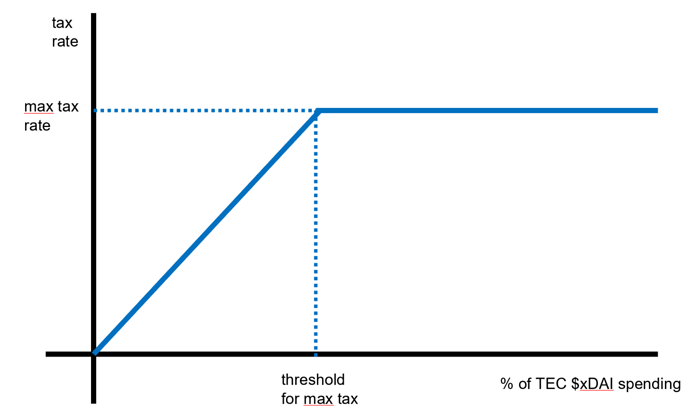I’m overall in favor of this, however I certainly agree with some of the comments, particularly @Tamara’s - IMO it’s a matter of definition, data and possibly an advantage (or disadvantage) inherent to the praise system.
We’ve got to think about how unlike other reward systems, praise is really culture intensive and so that must be taken into account where making any changes. Depending on where you stand this is nothing but expected from a system that’s based on gratitude, can’t you be grateful for someone’s contributions even if they’re being paid for?
Couldn’t tweaking the system to make up for some contributor’s compensation have a negative effect on the positive nature of praising?
Is there something that could be done at the cultural level to improve whatever this proposal is looking for? (Maybe trying to somehow make people acknowledge more contributions from smaller folks will bring their praise up, thus leveling to some extent with paid and bigger contributors without having to rely on a “regular paid contributor” metric which is likely to be somewhat arbitrary and subjective)
Now, putting that aside, this aims to solve a issue that may not exist at all(? I remember someone saying that the amount shouldn’t be significant, but fixing the distribution implies that it is, so something here isn’t making that much sense.
It is, again, a matter of definition.
What’s the expected outcome of the reward system?
I’ll finish saiying that we all seem to like reward systems, but we can’t really prove their effectiveness (see MakerDAO’s detailed report on SourceCred), I’ll ask to defend Praise’s cultural benefit at any cost, I believe it holds more power than we may even realize and trying to fix something we aren’t sure is an issue may have undesired effects. This at least until we come to an agreement on the definition and scope.


